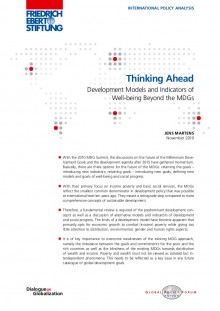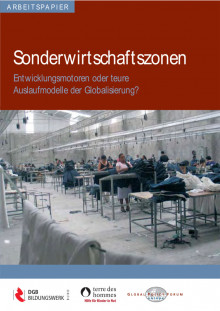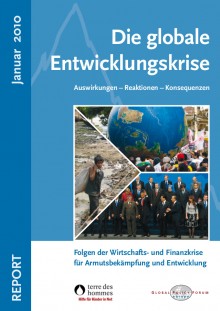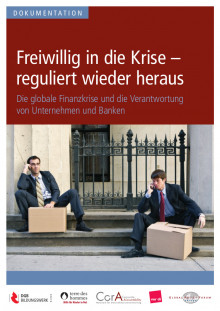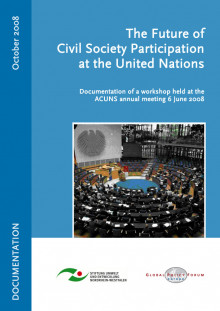Wie misst man die entwicklungspolitische Verantwortung eines Landes? Das klassische „Maß der Hilfe“ bildet seit vier Jahrzehnten die ODA-Quote, d.h. der Anteil der öffentlichen Entwicklungsfinanzierung (ODA) am Bruttonationaleinkommen (BNE).
Seit 1970 dient die Quote mit ihrer Zielgröße 0,7 Prozent als Indikator der Hilfsbereitschaft der reichen Länder. In jüngster Zeit wird verstärkt über dieses Maß, seine Bemessungsgrundlagen und Berechnungsmethoden diskutiert. Kritisiert wird, dass viele Gelder als ODA deklariert werden, die nicht mit realen Finanzflüssen in die Entwicklungsländer verbunden sind; andere bemängeln [...]


